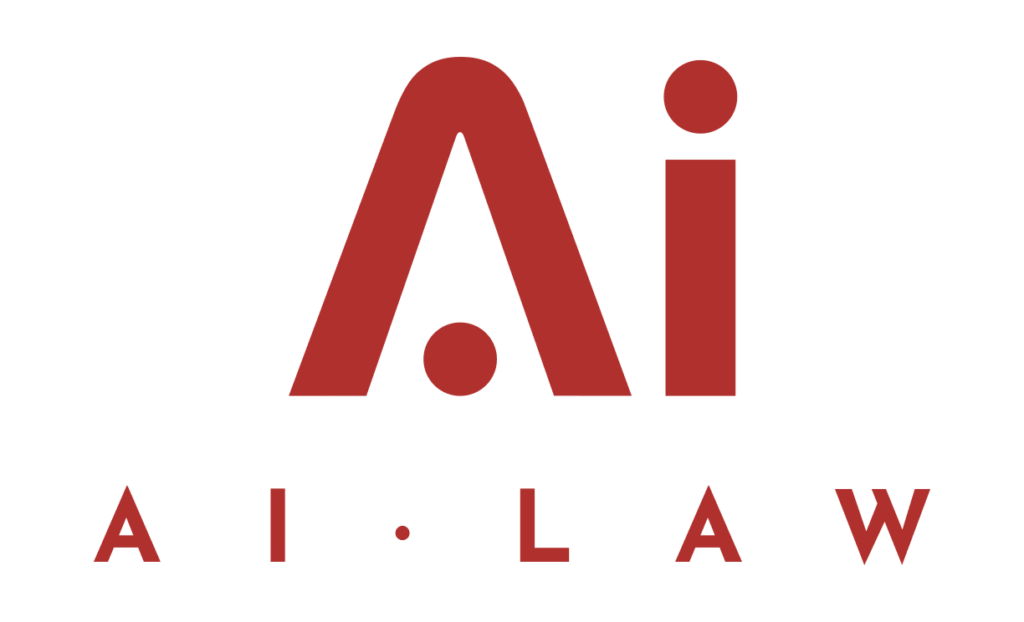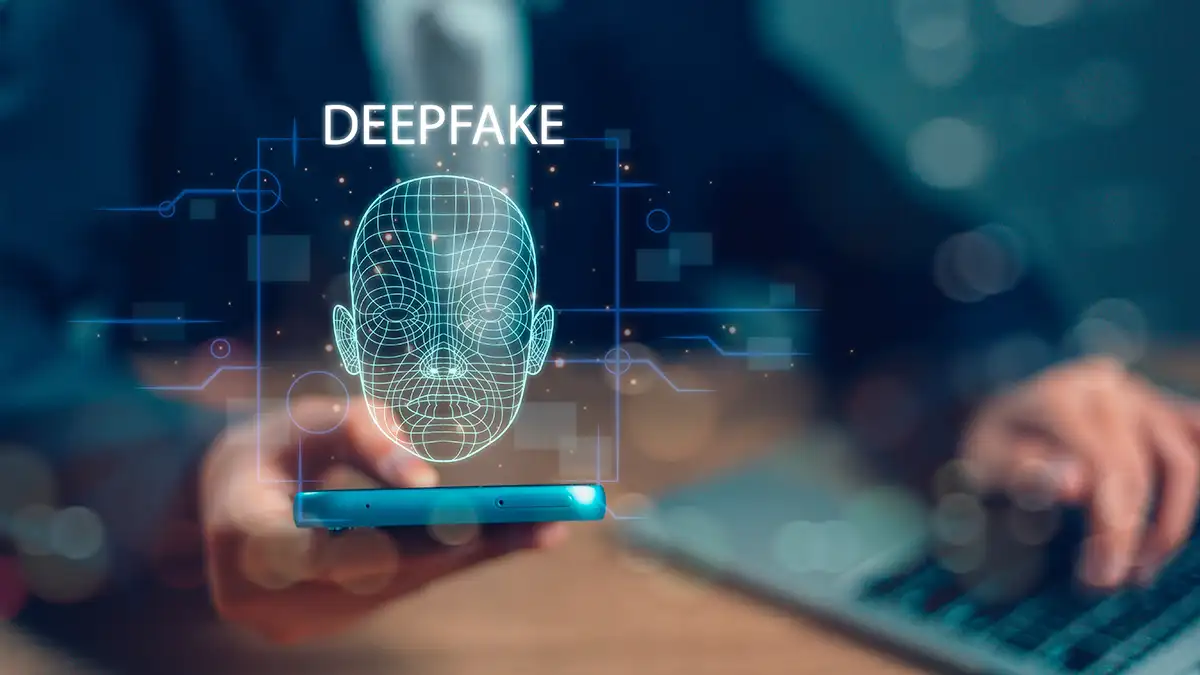Recent advancements in artificial intelligence (AI) have unlocked unprecedented possibilities for creativity online. But as the technology leaps forward, so too do the legal risks. We recently successfully acted for a high-profile media personality in which a small perfume brand used AI-generated audio and video content to create a deepfake (a realistic but entirely fabricated video) in which the celebrity purports to claim her favourite perfume was one of theirs. The false endorsement quickly gained traction online and was even picked up and amplified by mainstream news outlets, further compounding the harm.
In addition to the damage caused to media personalities, countless users of social media are being duped into spending their money on these low-quality products, under the false impression a celebrity has endorsed them. This case underscores the critical importance of understanding intellectual property laws and the consequences of using deepfake technology irresponsibly.
The Law Explained: Passing Off and Trade Mark Infringement
Under English law, there is no explicit “right of personality” or publicity right. However, celebrities and public figures can protect their image through the common law tort of passing off. To establish passing off, three key elements must be demonstrated:
- Goodwill: The claimant must have established reputation or goodwill associated with their image or persona.
- Misrepresentation: There must be a misrepresentation to the public that leads, or is likely to lead, people to believe that a celebrity endorses or is associated with the product or service.
- Damage: The claimant must demonstrate actual or potential damage to their goodwill or commercial interests.
A seminal case on false endorsement is Irvine v Talksport Ltd [2002], where F1 racing driver Eddie Irvine successfully sued Talksport for doctoring a photograph to falsely suggest he endorsed the station.
Trade mark infringement could also easily arise if, for instance, an influencer uses an AI deepfake to suggest a celebrity endorses a particular product, and that celebrity or their associated company holds a registered trade mark (e.g. a personal name, brand name, or slogan), the influencer and business behind the promotion may infringe that trade mark under section 10 of the Trade Marks Act 1994. Consequently, influencers and businesses must exercise caution to avoid inadvertently infringing upon established trade marks when deploying AI technologies for marketing purposes.
AI and the Risks of Deepfake Content
AI-generated “deepfake” content magnifies these risks exponentially. Not only is such content realistic enough to mislead the public, but its viral nature also amplifies potential harm significantly. Influencers and companies using such technology should remember:
- Creating or sharing deepfakes without clear disclosure can lead to substantial legal liability.
- The influencer, as well as the brand, may be jointly responsible as principal and agent under the principles of agency law.
Consequences for Influencers and Brands
The penalties for misuse can be severe, including:
- Injunctions (court orders) forcing removal of offending content.
- Payment of damages for harm caused.
- Liability to pay legal costs of the claimant, often substantial in these cases.
- Significant reputational harm, impacting future collaborations and market trust.
Recommendations
To stay on the right side of the law:
- Never create or distribute AI-generated content suggesting endorsement without explicit permission from the individual concerned.
- Clearly disclose if any AI technology is used in creating promotional content.
- Be cautious when embedding or re-sharing videos or posts from third parties – if it is misleading, you may be liable too.
Conclusion
The use of AI in promotions can offer exciting opportunities, but as this recent case handled by Ai Law demonstrates, it must be approached responsibly and with a clear understanding of the law. False endorsements not only harm those whose image is misused but can also inflict lasting damage on the reputations of influencers and brands involved.
For influencers, social media users, and brands alike, the message is clear: tread carefully, and always respect intellectual property and privacy rights when leveraging the immense power of artificial intelligence.
Ai Law (no connection to artificial intelligence) specialises in intellectual property law. Our team acts for a range of sports and media personalities to protect their brands and reputation. Speak to one our expert solicitors below.

